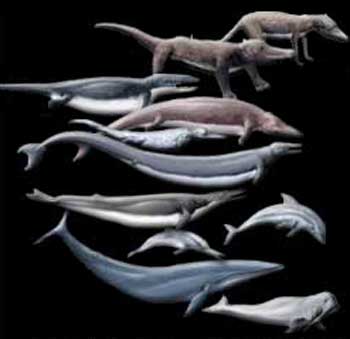
As a new graduate student, the first challenge, apart from starting over in a new city (if you decide to do that), is to figure out what research questions you are interested in. This might not seem that hard at first, but give it a try and you'll see it's pretty tough.
- Start with: what areas of biology interested me most in school? Was it anatomy, neurology, endocrinology, cellular biology, behavior, community ecology, genetics, evolution, virology? Something else?
- Then: what specific parts of that field seem coolest to you? If you chose cellular biology, was it gene regulation, mechanisms of cancer, locomotion, microscopy, cell replication, or cellular communication?
- And then go to: what do we know in this area? What don't we know? It's these parts that require a lot of time and reading. Getting up on the literature is time consuming and overwhelming. We divide science into smaller and smaller parts because complete knowledge of even a relatively narrow division like animal behavior is too great for one brain. We each must carve out our little parcel of expertise.
- Now: Once you know what questions remain, what questions will you focus on for your dissertation? This usually takes a few months at the least to decide, which is good considering you will spend the next five or so years answering these questions, so they had better be good ones.
------
Here's how it went for me.
- I like organismal biology. Anything smaller than a whole organism (systems, organs, genes...) is not as interesting to me.
- Evolution and behavior are the coolest aspects of organismal biology. I am interested in how things evolved and how they interact with each other and what determines how they will evolve and interact in the future.
- There's a lot we don't know. But one cool thing that we don't know is how differences in mate choice between populations can lead to reproductive isolation. (Ex: Females in Group 1 choose males based on size, and females in Group 2 choose males to mate with based on parental care. If Groups 1 and 2 come into contact, does the difference in the things females care about lead to a lack of mating between males and females of different groups?)
- The questions of most interest to me are: How do individual mate choices shape differences among populations? Specifically, how do differences in female mate preferences lead to regional diversity in birdsong? How do females incorporate information about the way a male looks and acts into mate choice?
Link of the day: Top 15 Misconceptions about Evolution (unfortunately there are a lot of ads)
-->Next, Current Work